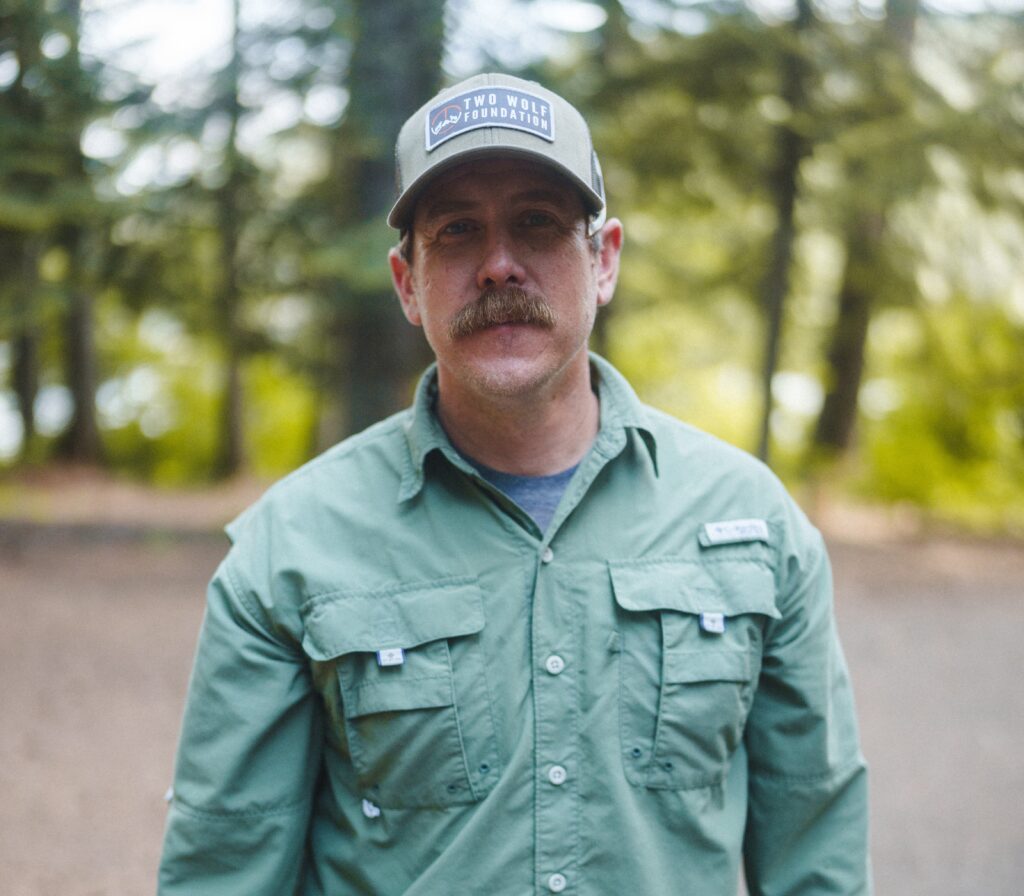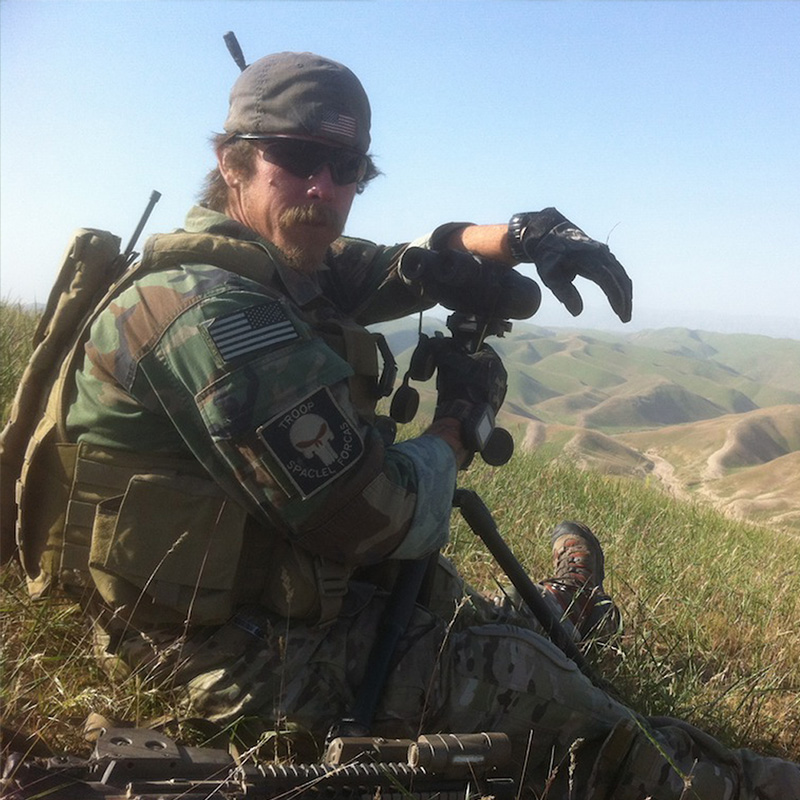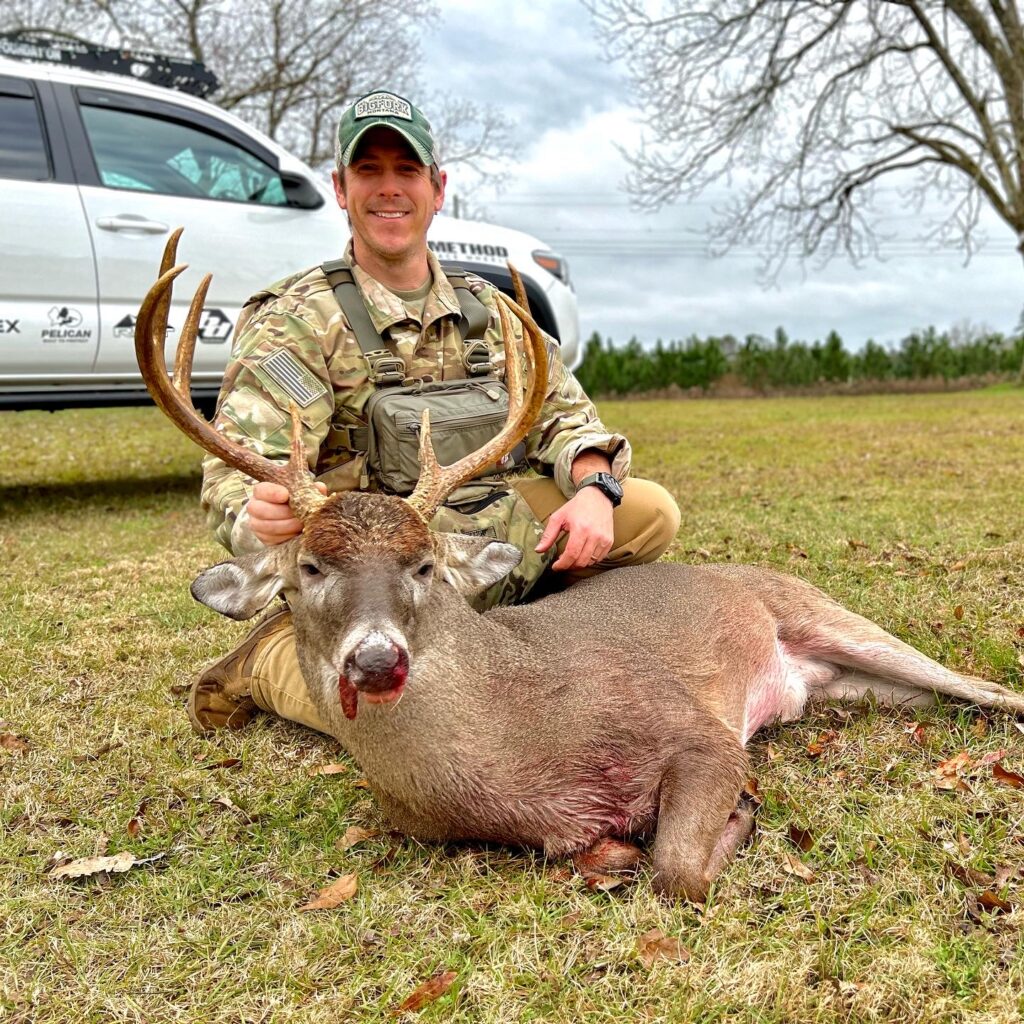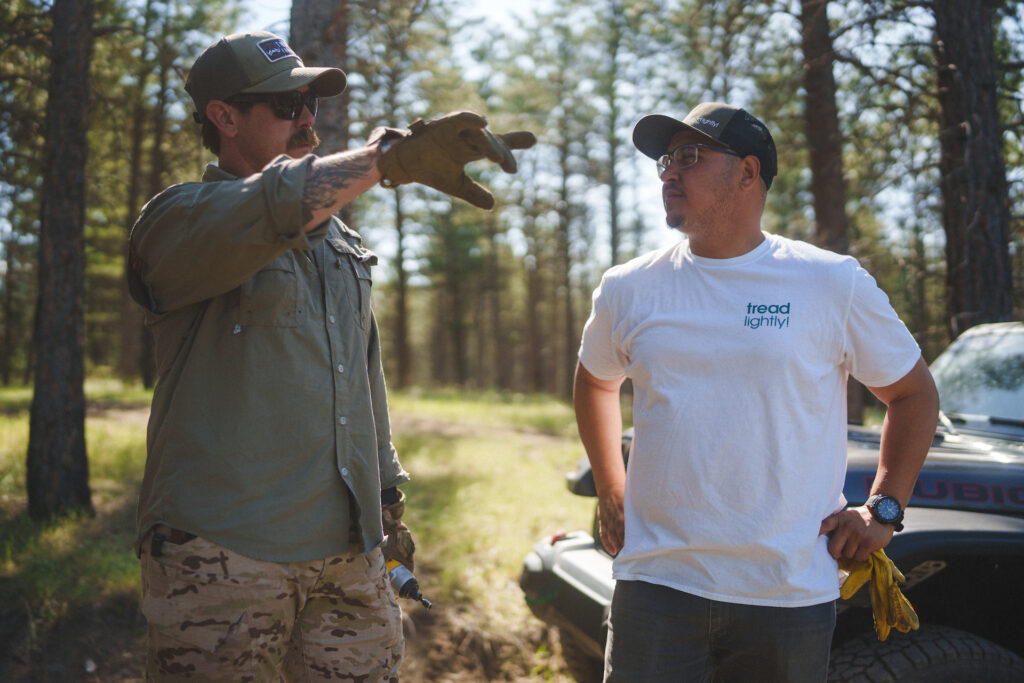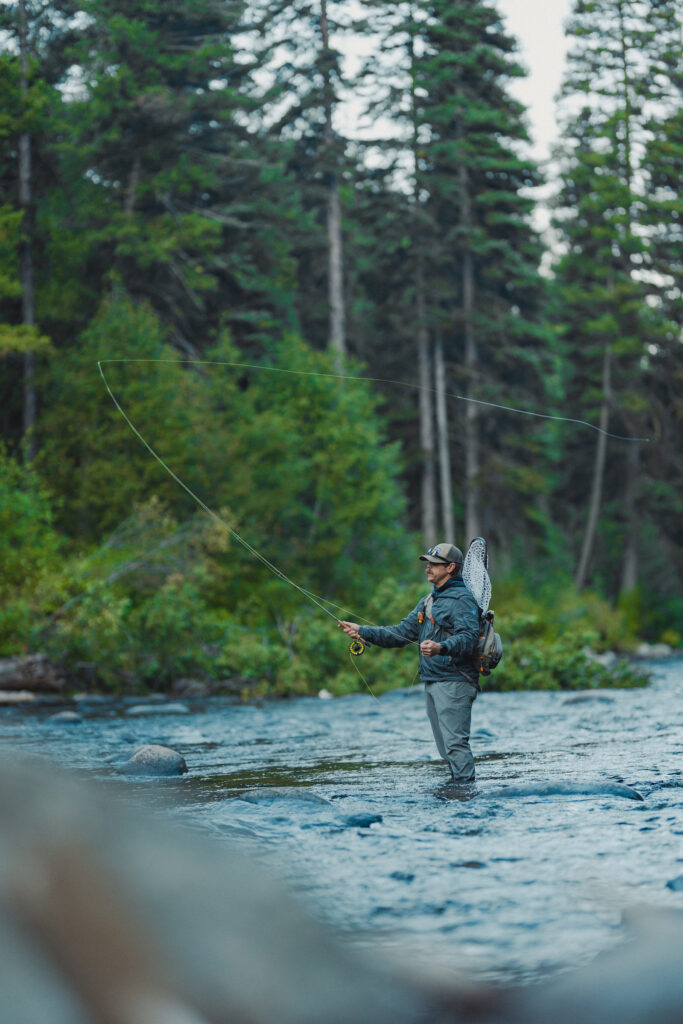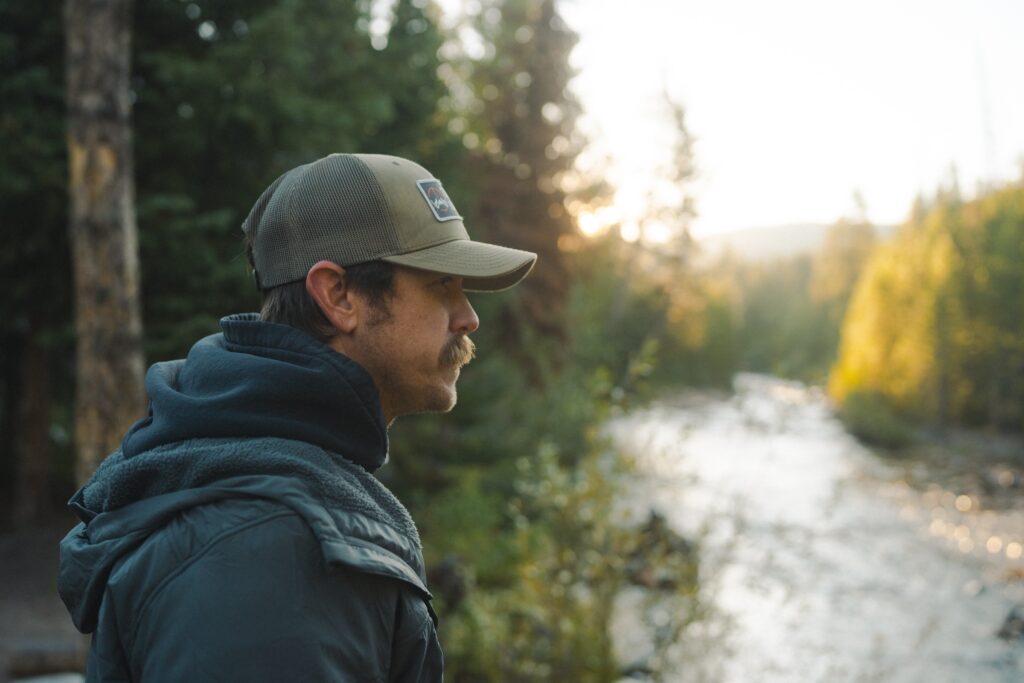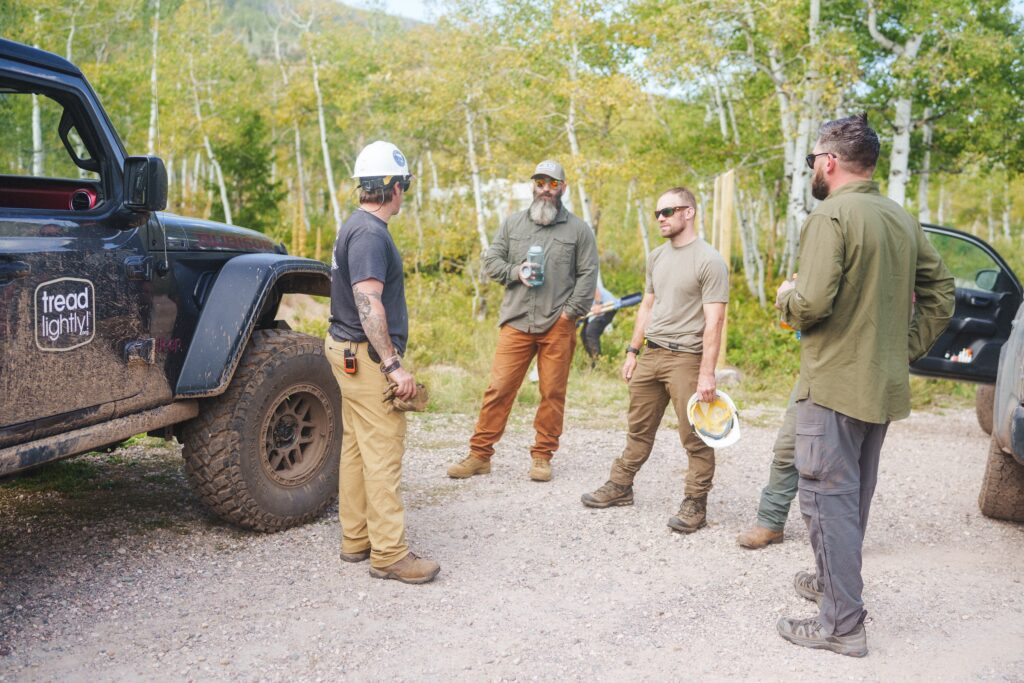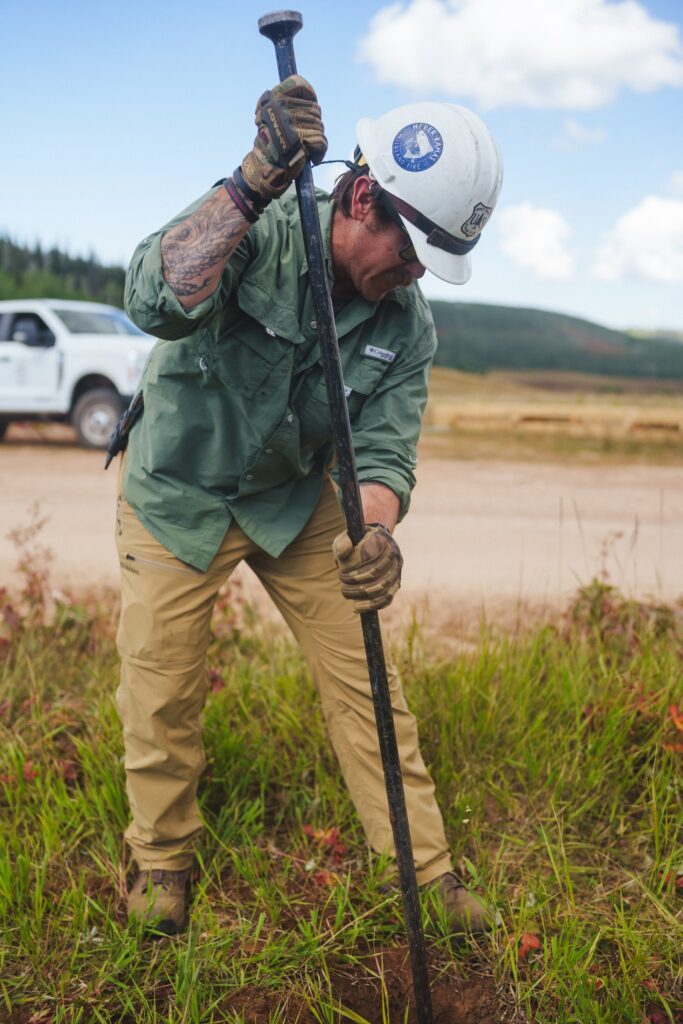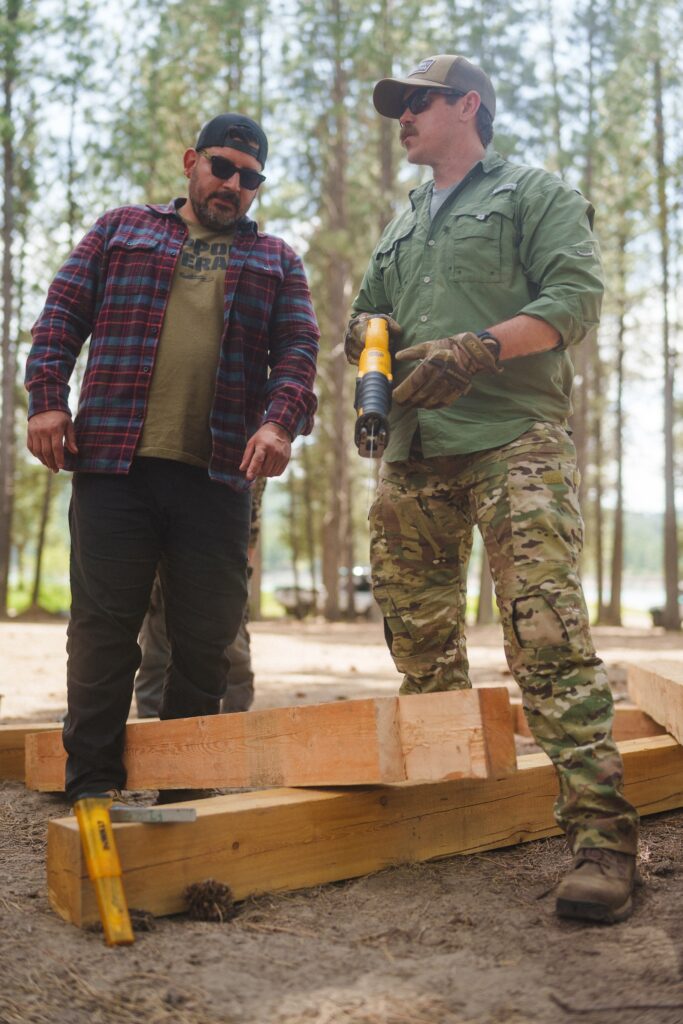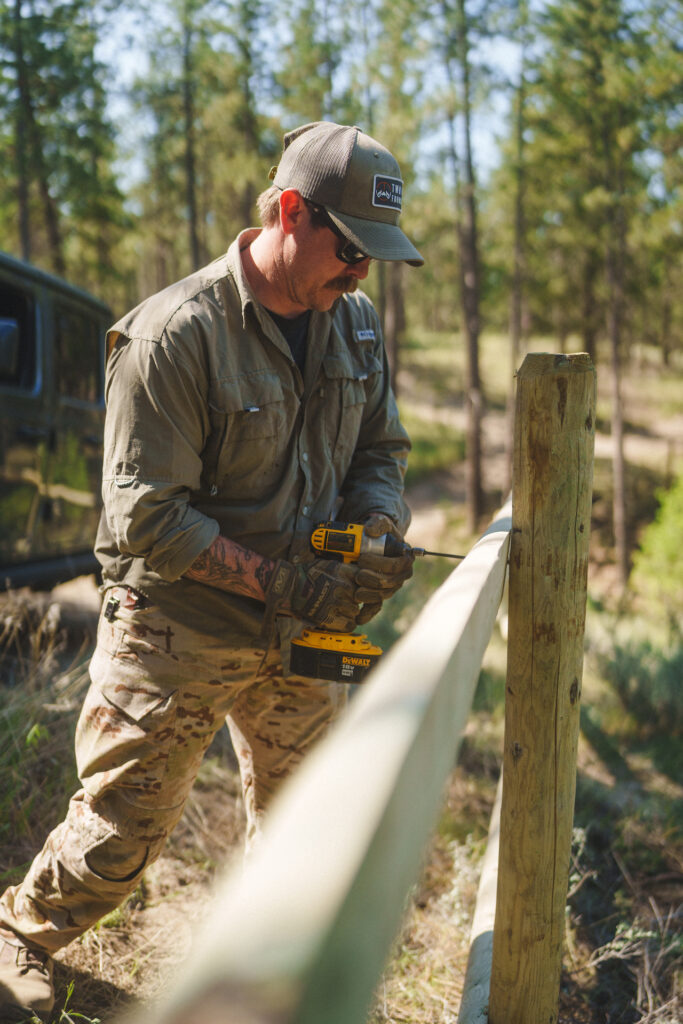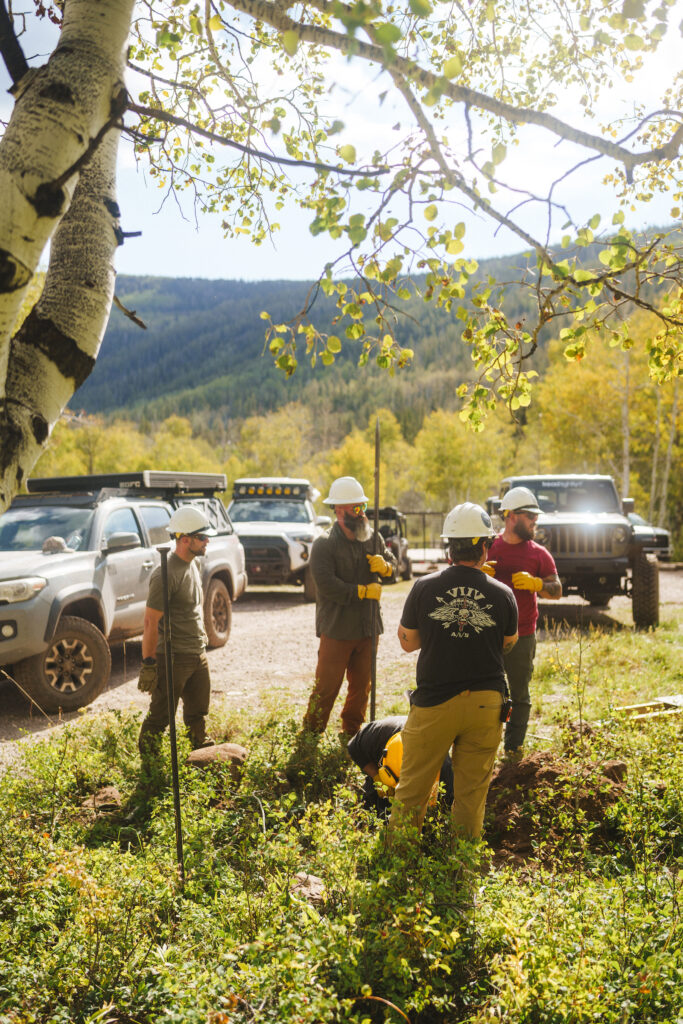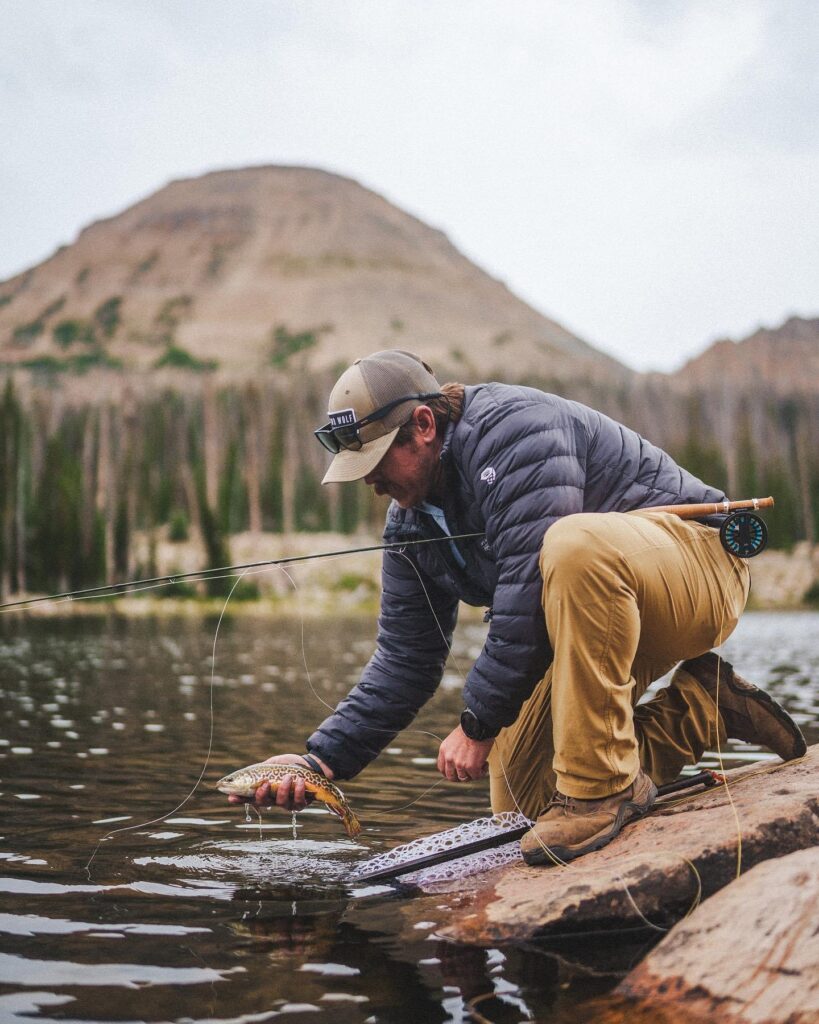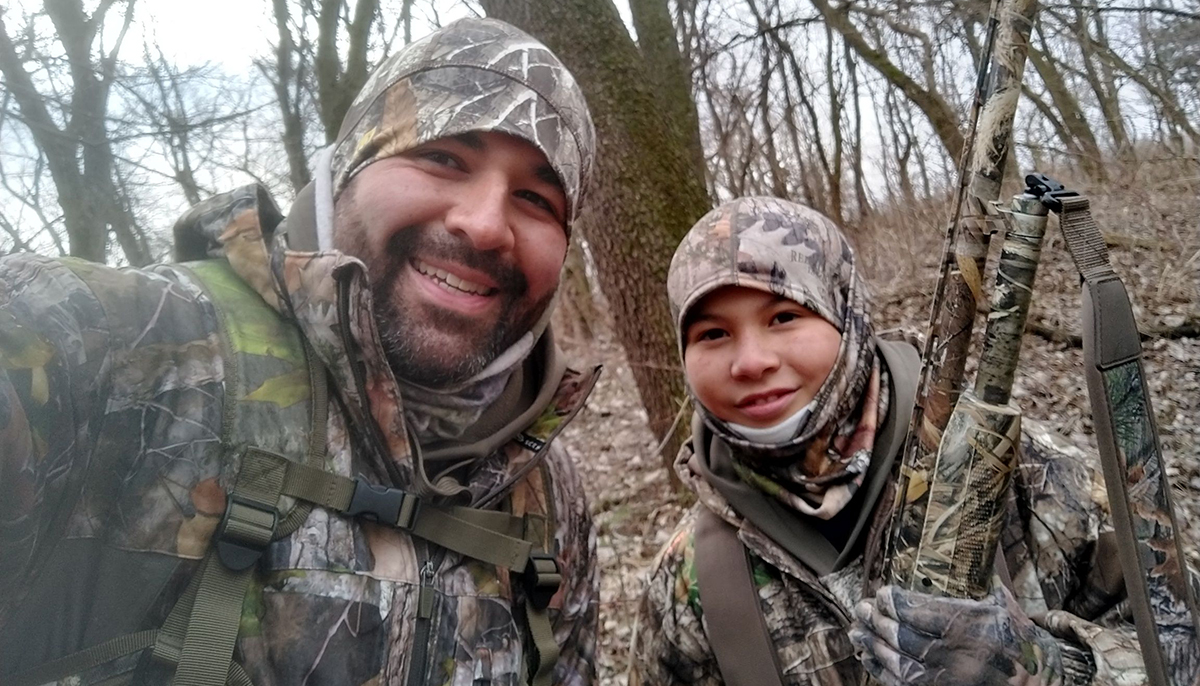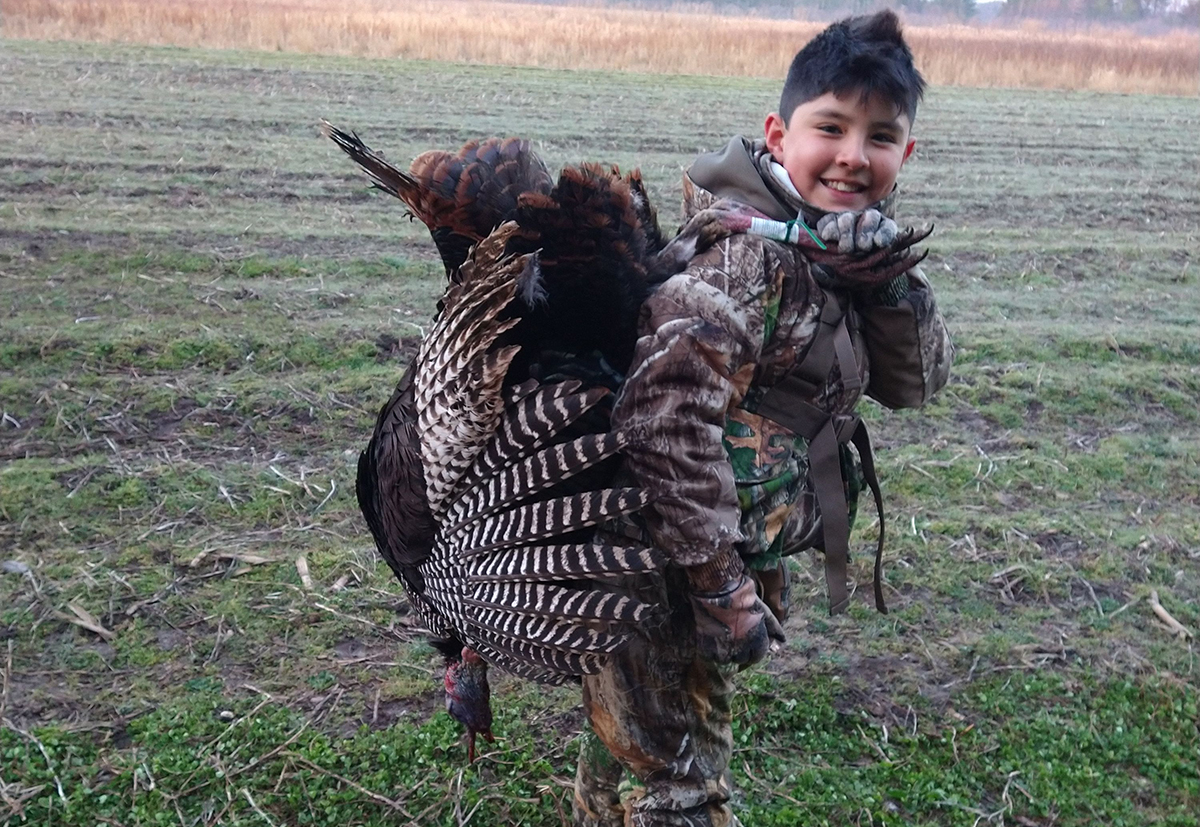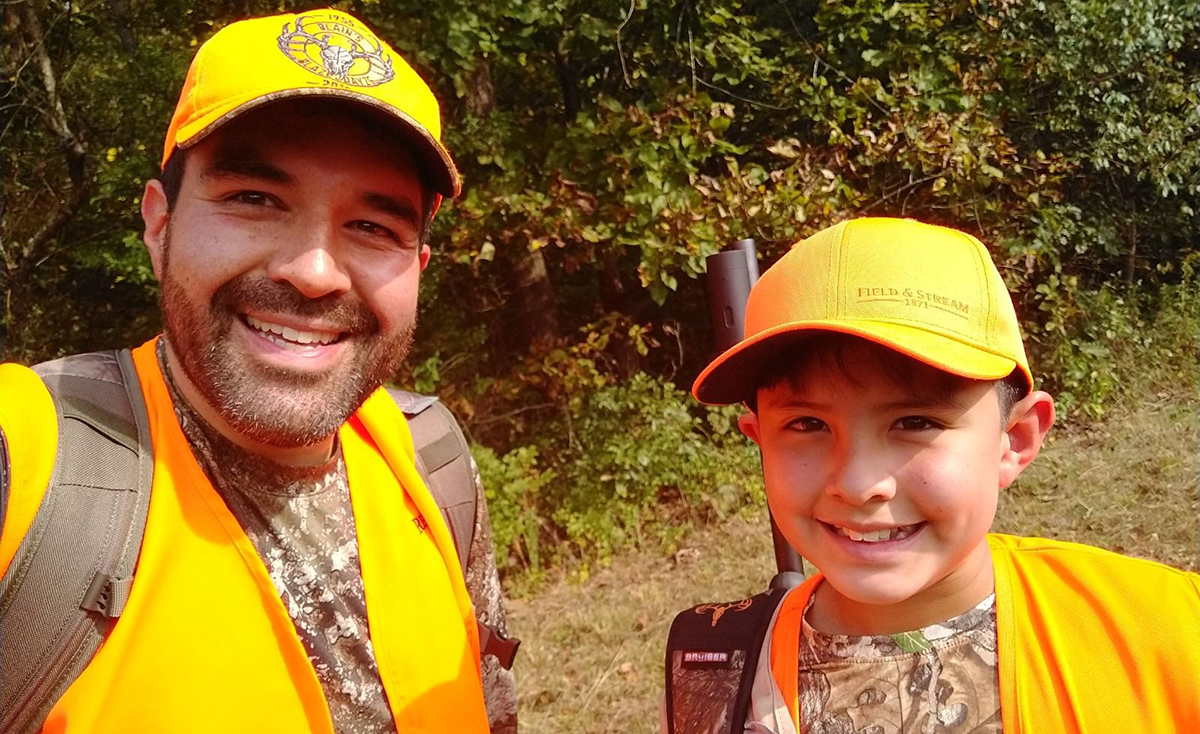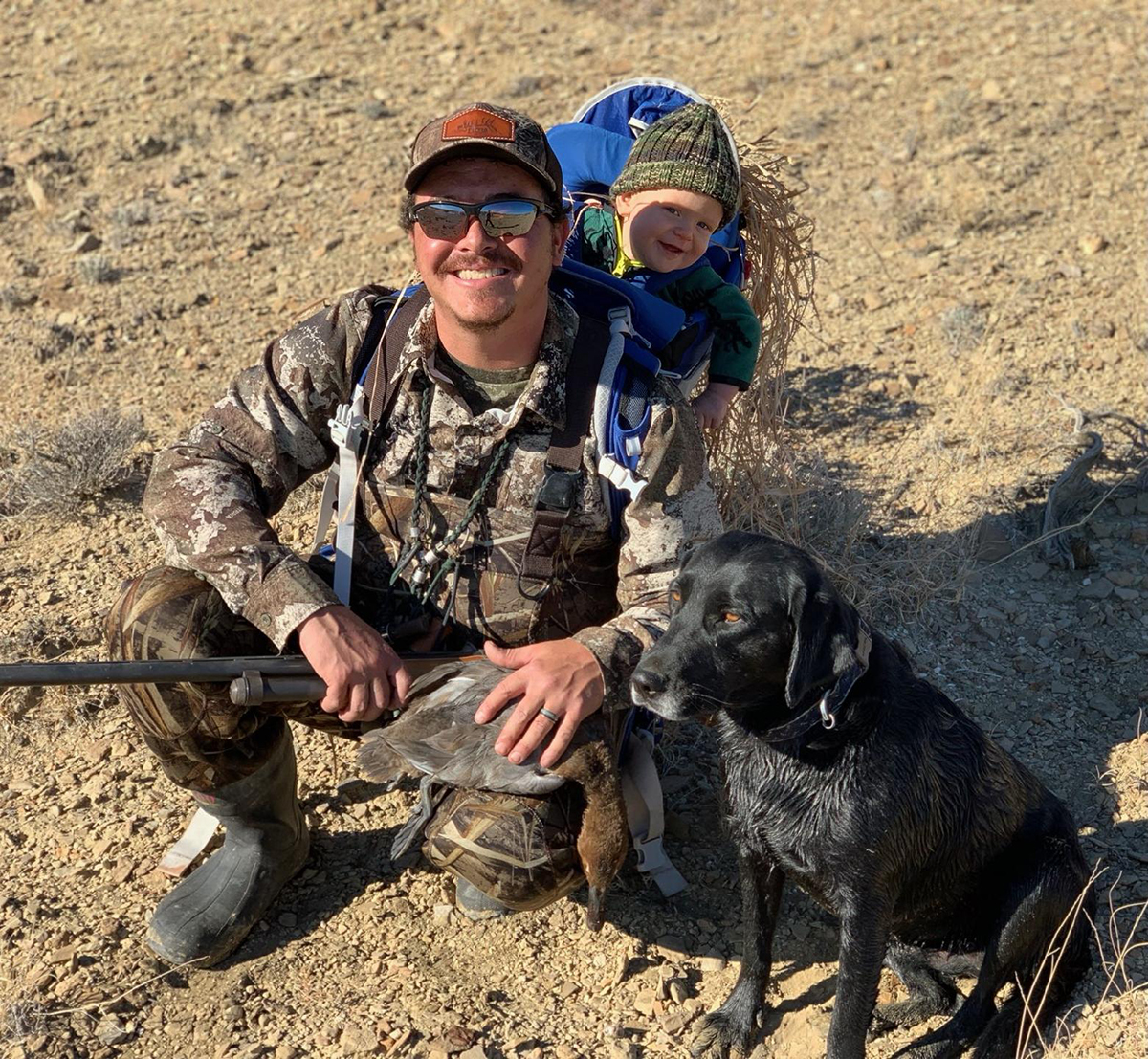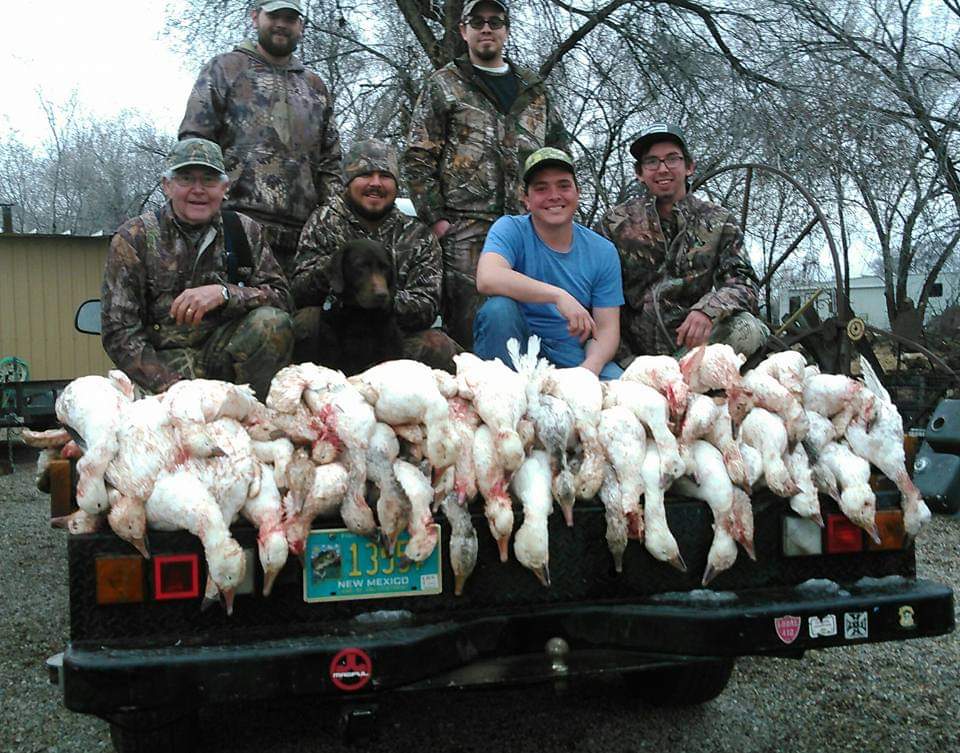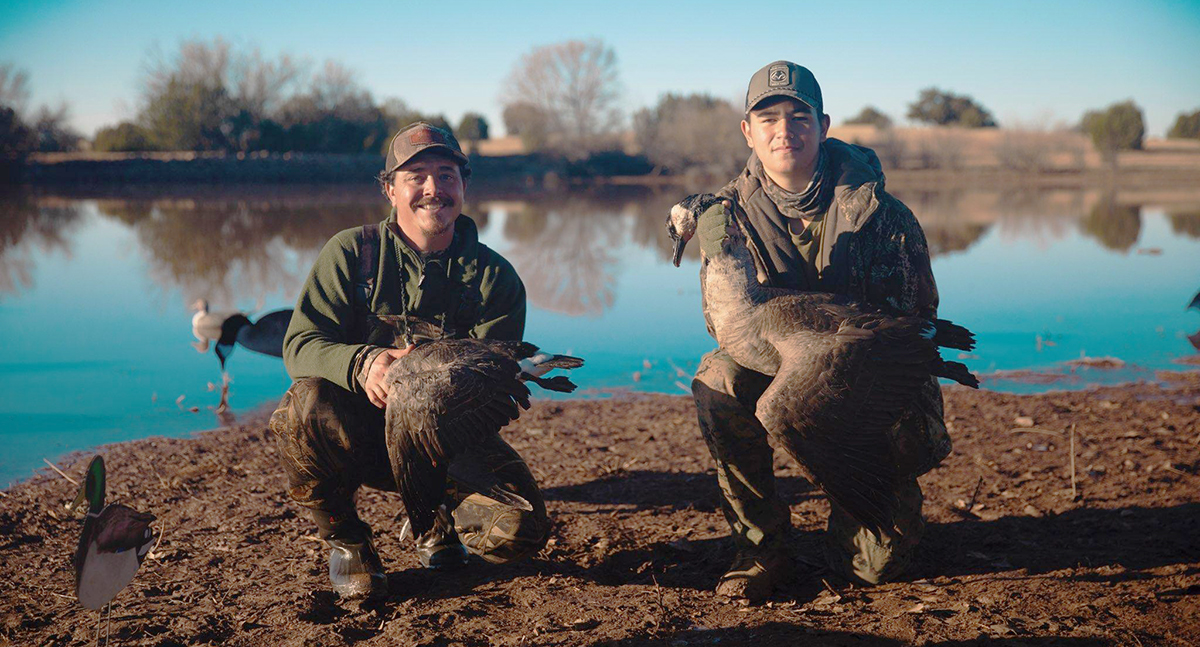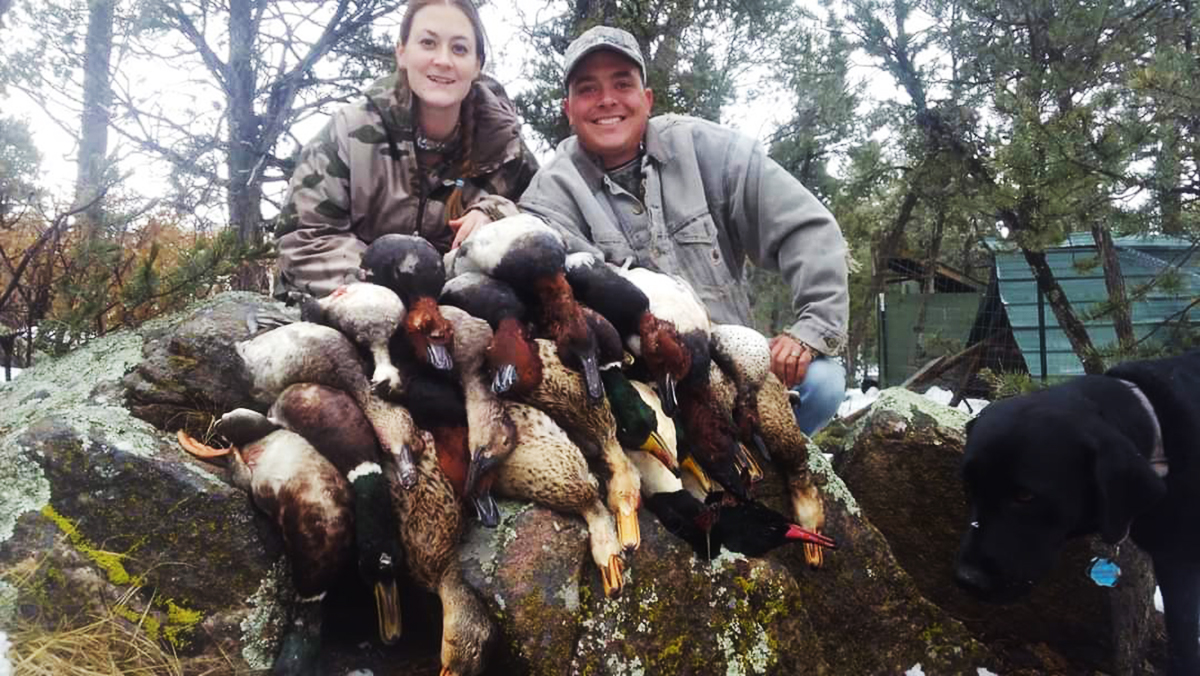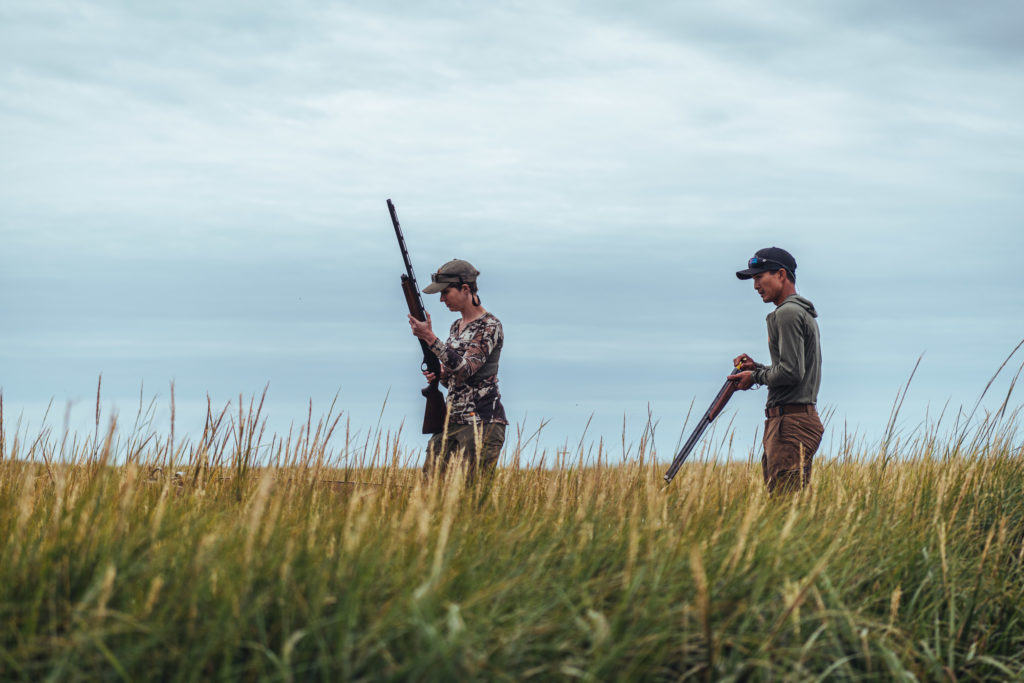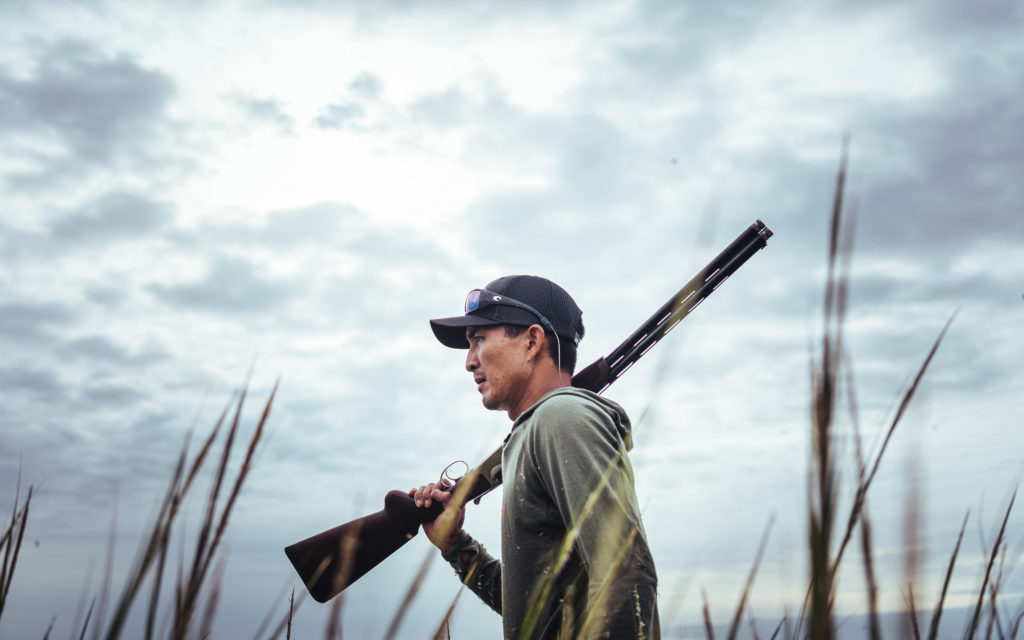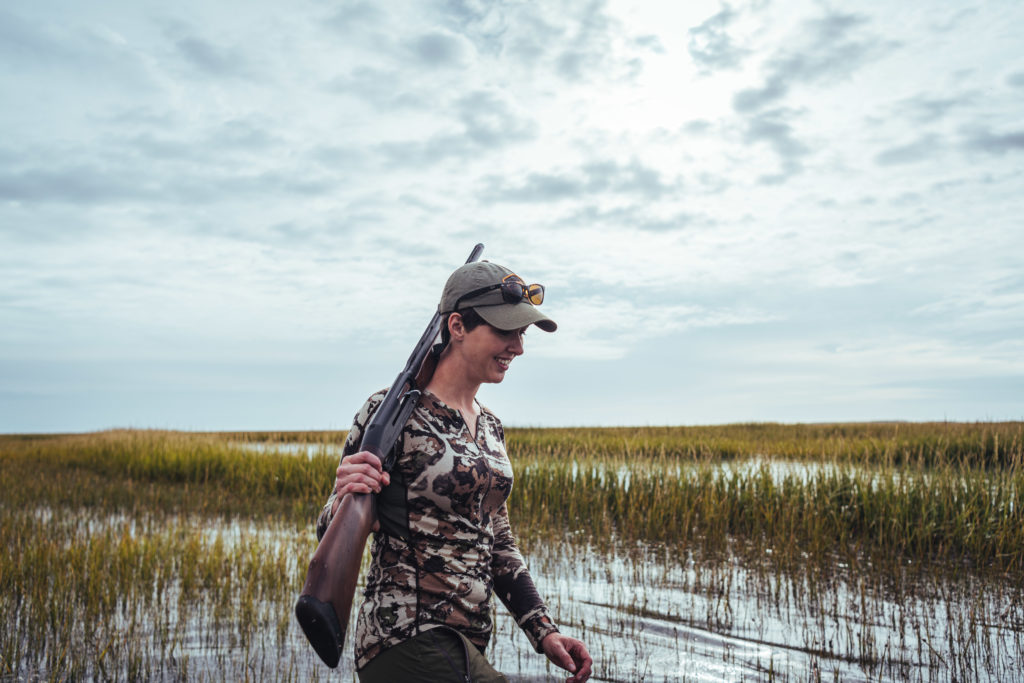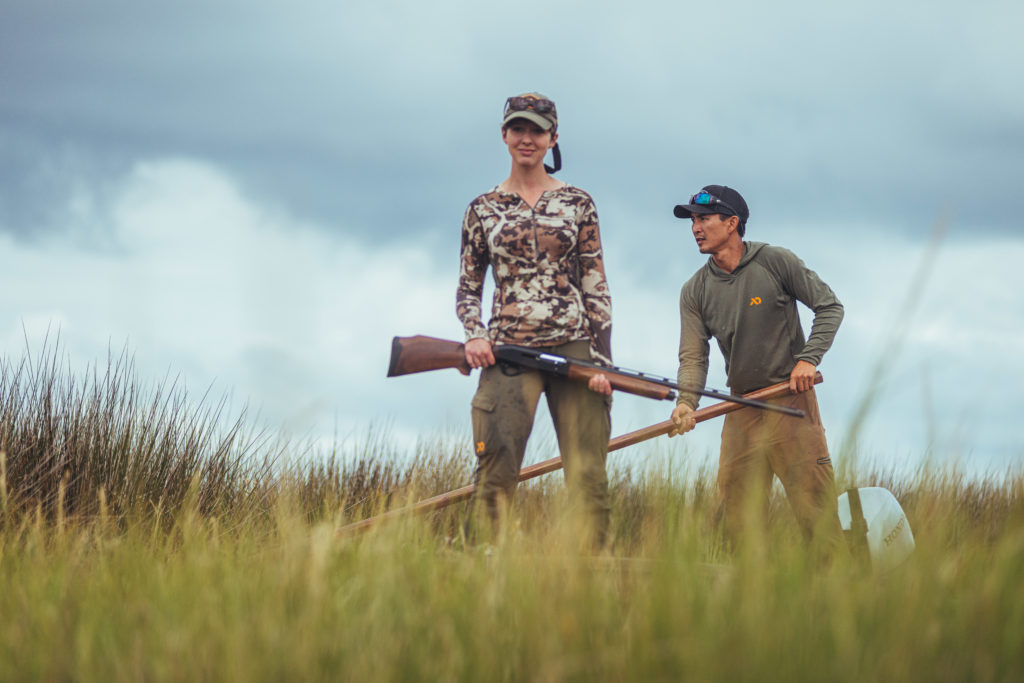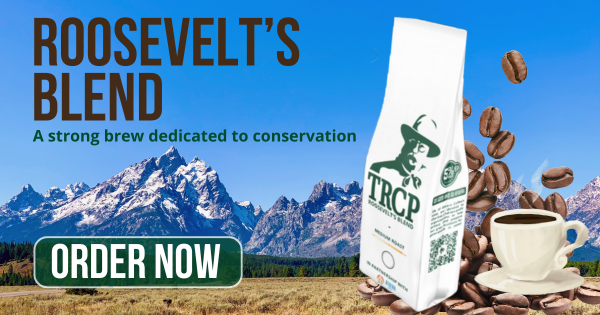TRCP’s “In the Arena” series highlights the individual voices of hunters and anglers who, as Theodore Roosevelt so famously said, strive valiantly in the worthy cause of conservation.
Bill Cooksey
Hometown: Jackson, TN
Occupation: Senior Sportsmen Outreach Coordinator for the Vanishing Paradise Program of the National Wildlife Federation, and NWF Director of Conservation Partnerships for Tennessee.
Conservation credentials: Outreach and partnership coordination expert who has ties across the conservation spectrum for his ability to drive cooperative efforts, a direct but amicable personality, and prowess as a waterfowl hunter.
Inducted into the Legends of the Outdoors Hall of Fame in 2022, Bill Cooksey is a well-known and well-respected Tennessee duck and turkey hunter and freshwater angler who is involved in conservation issues throughout the Southeast. Like his father, who was a trustee emeritus for Ducks Unlimited, Cooksey is highly regarded by the sporting community. As NWF’s Senior Sportsmen Outreach Coordinator for the Vanishing Paradise program, Cooksey currently works with TRCP and other partners to address coastal restoration and water flow/quality issues from Texas to the Mississippi River Delta to the Florida Everglades, and is now also setting his sights on conservation efforts farther up the Mighty Mississippi.
Here is his story.
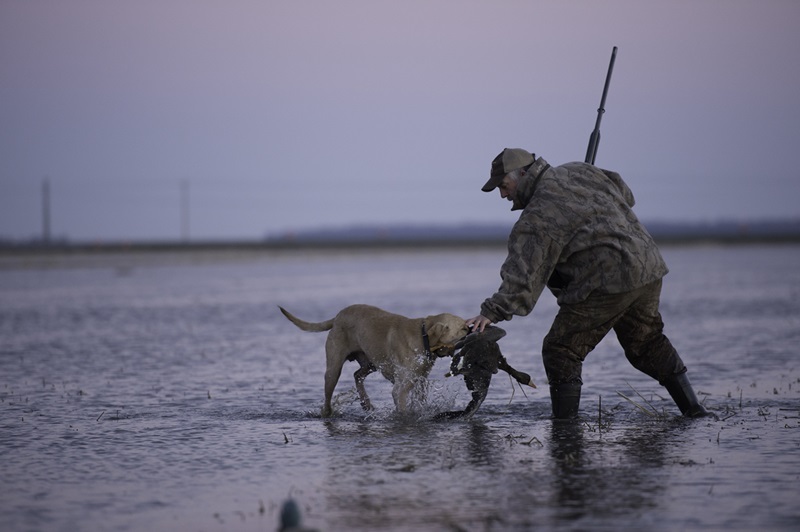
I don’t really recall my introduction to hunting and fishing because my father began taking me when I was very young. I know I caught my first fish at age three and began dove and duck hunting with him when I was four. I can only recall snippets from those experiences, but they obviously inspired me in the direction my adult life would take.
According to both parents, I’d cry if my father said he was going hunting or fishing without me, and I’d cry when he said it was time to go home. Some would call it child abuse, but Dad would tie a hookless Christmas Tree Bomber on my Zebco rod and reel and let me throw that sucker all day long. My wife says I’m not much smarter today.
My first real “outdoor” memory was of a Ducks Unlimited Rally (precursor to the banquet) in Jackson, Tenn., in 1971. It was in the Civic Center, and I can recall a man on stage holding a shotgun and blowing a duck call. Suddenly, a mallard was flying through the air, and it fell when he shot. Three-year-old me had no idea it was a shackled duck and blanks. To me it was just the coolest thing I’d ever seen. Conservation was always part of my dad’s life, culminating in Trustee Emeritus at Ducks Unlimited, with many accolades along the way. Thus, conservation was always just part of the experience for me. I suppose you could say I just don’t really know another way.
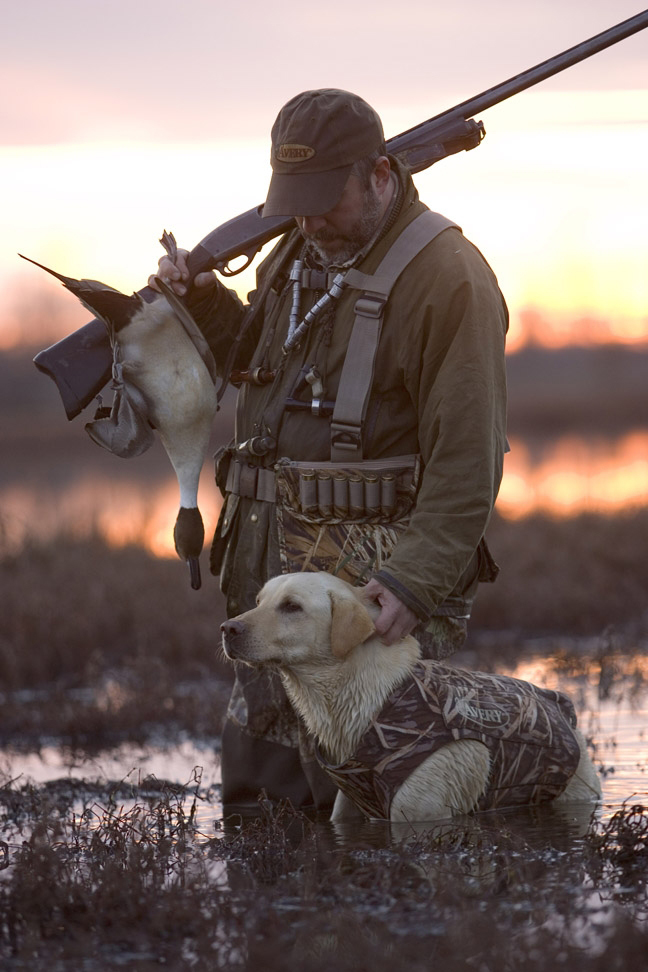
I’ve been blessed to hunt with so many incredible people and in so many wonderful places it’s an embarrassment of riches. It’s impossible to say which adventures are my favorites, because as one memory rises to the top another comes to mind. But I’d say the various “firsts” for my sons, and their first turkeys especially, might just take the cake. They were killed 17 years and 100 yards apart. When my youngest killed his, I recall crying on the drive home. Our oldest had passed away ten years prior, and my father died just a month before turkey season. The two people I most wanted to call and share Bill’s accomplishment with were gone.
I live where I do for a reason. I love duck hunting the southern half of the Mississippi Flyway. I mean, I love everything about it. Sadly, the trend here appears to be going the wrong way, and I’m very concerned about the future. Changes in weather patterns, habitat and even production in the Prairie Pothole Region are taking a toll on waterfowl hunting in my home range.
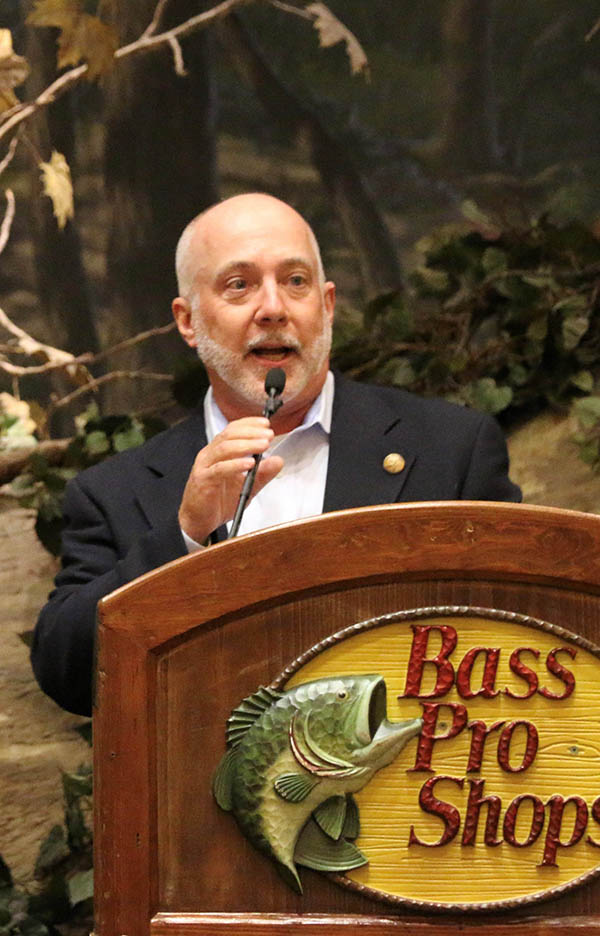
Here in western Tennessee, I can step out my door and hit Kentucky Lake with a rock, so the biggest conservation challenge in my backyard is invasive Asian carp, but that’s just the most obvious. More frequent, and sustained, flooding is wreaking havoc in all of our reservoirs and bottomlands. Late spring and early summer floods scour our reservoirs and kill the grass that our native fish – and waterfowl in the winter – need, and sustained spring flooding is killing huge tracts of bottomland hardwoods.
These are challenges we face. But because of my dad, I don’t really know how not to be involved in conservation and efforts to address these sorts of threats. If nothing else, being involved helps me understand what’s happening with our wildlife, and, surprisingly to some, it makes me a better hunter and fisherman. Keeping it light, being involved also helps fill the time between hunting seasons with something related to them. It’s really not so very different from hunters shooting clays or running retriever hunt tests. Being involved in conservation means being involved in my favorite sports.
Being involved in conservation has allowed me to connect with incredible sportsmen and conservation leaders around the country, while learning far more about places I care about. When the national news features an environmental catastrophe in south Florida, it’s likely to be about red tide. Rarely will they explain the common link between red tide, algal blooms, and fish kills with needed Everglades restoration. How many times have you seen coverage of a hurricane or tropical storm approaching Louisiana and heard mention of the fact the marshes are disappearing at the rate of a football field every 100 minutes, and that sediment diversions are the best way to restore the coast? When was the last time you heard about the rapid loss of bottomland hardwoods in the southern Mississippi flyway?
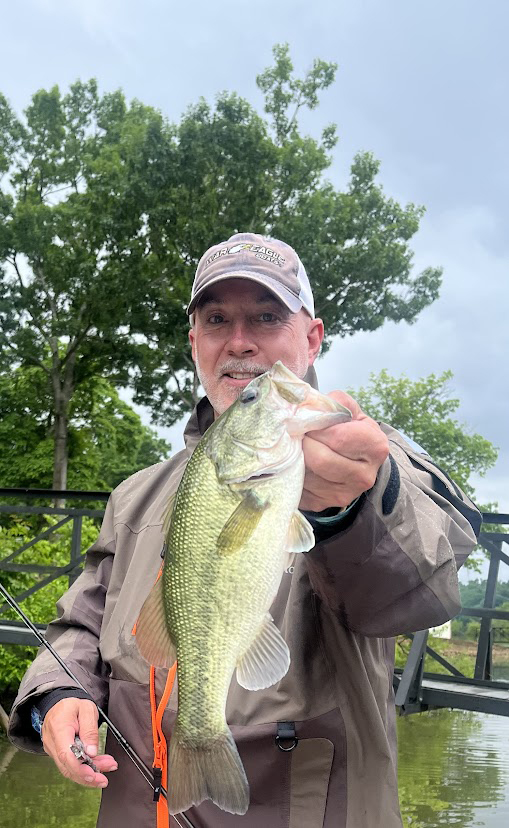
Without sportsmen and conservation organizations pushing out important information at every opportunity, nothing happens. And successful conservation is the only way the next generation of hunters and anglers will have anything approaching the experiences I’ve enjoyed.
Click here to help protect and restore Everglades habitat.
Read more about Mississippi River Delta restoration efforts here.
Do you know someone “In the Arena” who should be featured here? Email us at info@trcp.org

